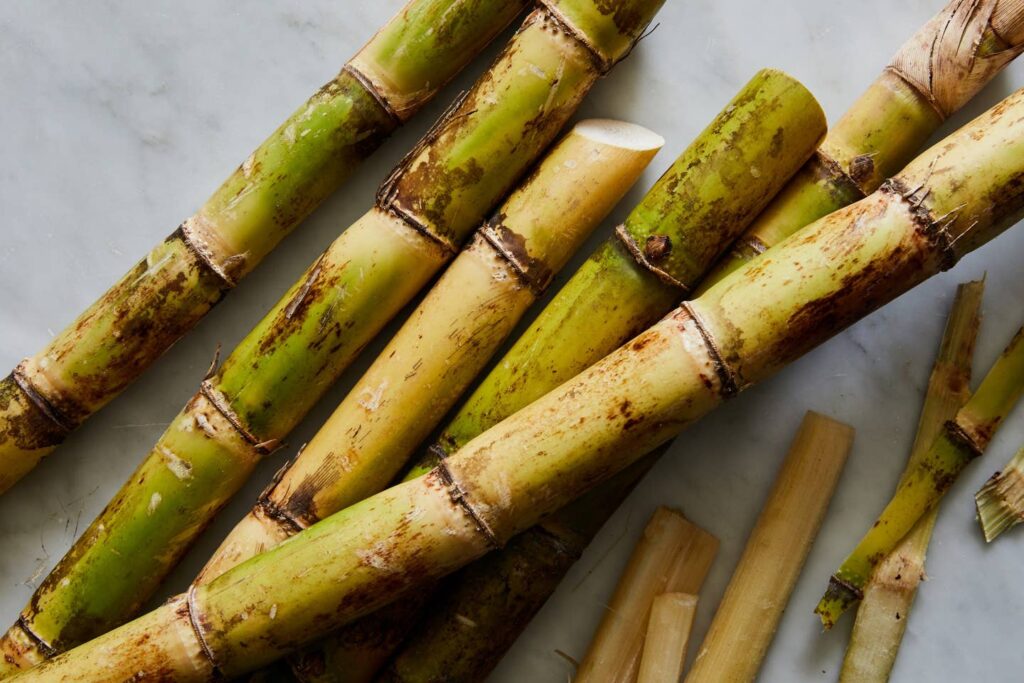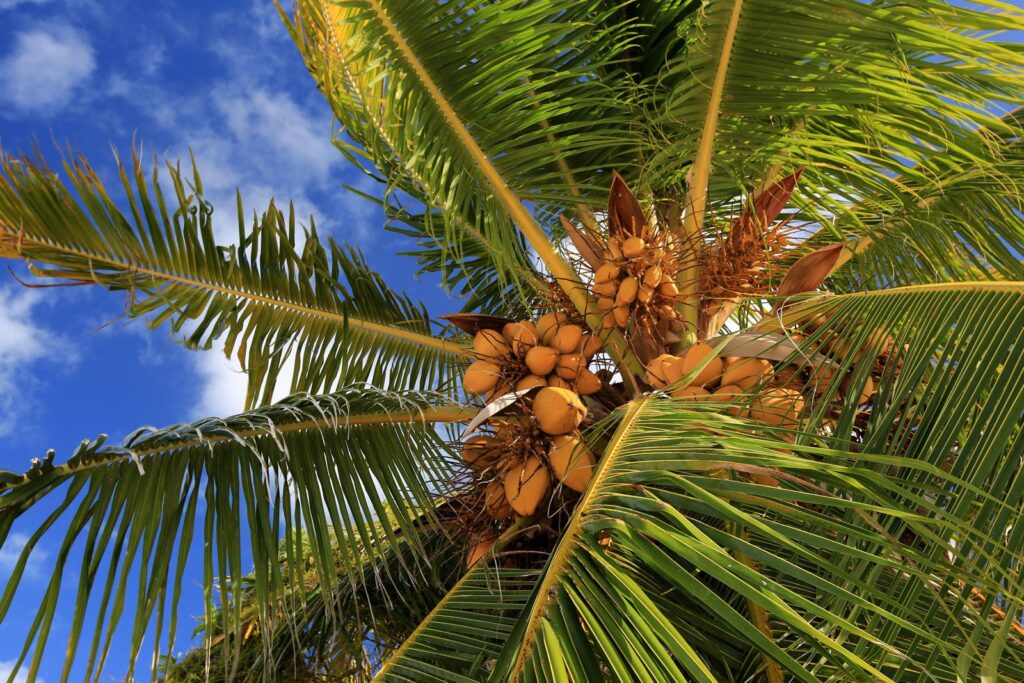Sugarcane Juice vs. Coconut Water: Which is Better for You?

Sugarcane Juice vs. Coconut Water: Which is Better for You?
When it comes to staying hydrated, sugarcane juice and coconut water are both popular choices. But which one is actually better for you? Let’s break down the differences in their nutritional profiles and see which one comes out on top.

Natural Electrolytes: Both sugarcane juice and coconut water are great sources of natural electrolytes, which are essential for staying hydrated. While both offer a good dose of these minerals, coconut water actually packs a higher punch when it comes to electrolytes, especially potassium. This makes coconut water a slightly better choice for replenishing electrolytes after intense physical activity or when you’re experiencing dehydration.
Water Content: Sugarcane juice has a slight edge when it comes to water content, coming in at around 90% compared to coconut water’s 80%. But even though coconut water has a lower water content, the higher concentration of electrolytes it boasts makes up for it. This means coconut water is still a fantastic choice for rehydration, especially when you need a boost of electrolytes.

Calorie and Sugar Content: While both sugarcane juice and coconut water offer refreshing hydration, sugarcane juice packs a much sweeter punch. It boasts a higher calorie count, typically ranging from 150 to 200 calories per cup, and a hefty dose of sugar, clocking in at 30 to 40 grams per cup. Coconut water, on the other hand, is significantly lower in calories, with about 45 per cup, and contains only 11 grams of sugar. This makes coconut water a lighter and potentially healthier choice for those watching their sugar intake or calorie count.
Sodium Content: Coconut water has a slightly higher sodium content compared to sugarcane juice. A cup of coconut water contains around 45 milligrams of sodium, while sugarcane juice typically has 10-20 milligrams per cup.
Replenishing Electrolytes: Coconut water’s high electrolyte content makes it a popular choice for replenishing electrolytes after intense physical activity or during hot weather.

Calorie and Sugar Content: When it comes to sweetness and calories, sugarcane juice takes the lead over coconut water. A cup of sugarcane juice packs in about 150 to 200 calories and a hefty 30 to 40 grams of sugar. In comparison, coconut water is much lighter, with only about 45 calories and 11 grams of sugar per cup. This makes coconut water a better choice for those watching their sugar intake or calorie count.
Potassium Content: Coconut water is a powerhouse of potassium, offering around 600-700 milligrams per cup. Sugarcane juice, while also a source of potassium, contains significantly less, with around 200-300 milligrams per cup. This makes coconut water a better choice for those looking to boost their potassium intake.
Both sugarcane juice and coconut water are essential for hydration, like having a brain and a heart – both are crucial for optimal function. Sugarcane juice, with its higher water content, is like the brain, providing the foundation for overall hydration. Coconut water, rich in electrolytes, acts like the heart, replenishing vital minerals lost during physical activity or hot weather. Ultimately, choosing between the two depends on your specific needs and preferences.












